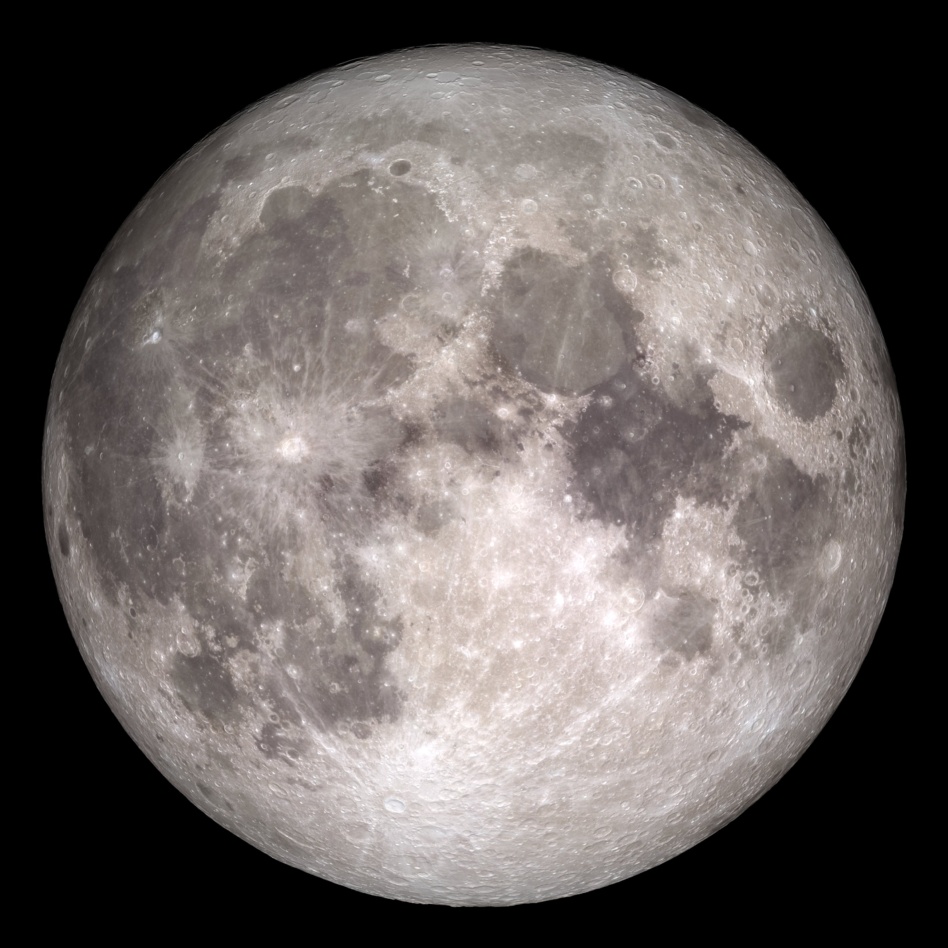For All Moonkind, a nonprofit dedicated to protecting the moon landing sites, has launched the Institute on Space Law and Ethics to develop guidelines for responsible behavior in space.
The nitty-gritty: The institute will include a leadership board that will meet monthly as well as a group of fellows who will work on the project for two years outside of their normal job or school requirements, Michelle Hanlon, the founder of the nonprofit, told Payload. Their goal will be to draft a series of white papers that can consider ethical issues in space as quickly as the commercial sector is making advances, which often outpaces regulating bodies.
“I’m here at the UN. I love COPUOS,” she said from Vienna. “But they’re not going to produce the law in the time that we need it.”
First steps: One of the institute’s first white papers will focus on payload review, including for companies that deliver personal items to the Moon, Hanlon said. One example is Astrobotic, a space logistics company that charges individuals hundreds or thousands of dollars to send mementos like a family photo or wedding flower petal to the lunar surface in a MoonBox.
“The idea of sending anything you want to the Moon because you have the money to do so is alarming,” she said. “If in May, we send 10 little personal items, in May 2024 it’ll be 1,000, then 50,000. Then all of a sudden, the moon is this big attic for rich people.”
Hanlon said the institute is aiming to release its study of this issue within three weeks.
Other questions: Hanlon said the institute will also draft a manual on what obligations a nation has to its commercial actors in space. If, for example, another nation or business intentionally harmed a satellite or space station operated by an American company, it’s not clear what responsibility the military has to protect and respond–a question that has big implications for investors, too.





